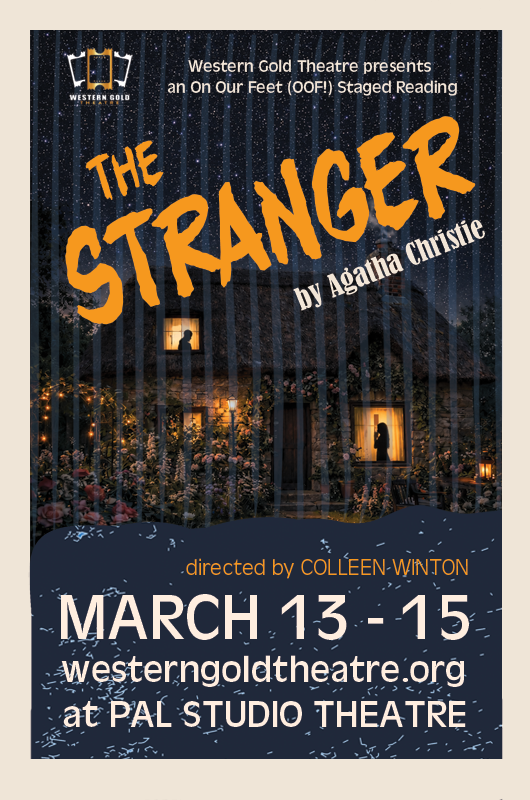STANLEY PARK NOTEBOOK
/SPRING IS ABOUT THE BIRDS AND THE BEES!
by Jacqui Birchall
(click images to enlarge)
I have finally returned from my tropical travels to a beautiful sun-kissed Vancouver, and one of the differences that struck me the most on my first sunrise here was the differences in the sounds of the dawn chorus between the Tropic of Cancer and the 49th parallel north.
Luckily, my return coincides with the Stanley Park Ecology Society’s (SPES) announcement of The Greater Vancouver Bird Celebration, an event brought to us through SPES and many partners, including Birds Canada, Burnaby Lake Park Association, Stewardship Centre for BC and Vancouver Botanical Gardens Association. The event series runs from May 3 to May 23.
SPES notes that “during May, over 250 species of birds can be seen and enjoyed throughout the Lower Mainland. Join the celebration through interactive bird walks, online events and webinars. Events and activities welcome beginners and experts alike.”
The events occur in Stanley Park, the VanDusen Botanical Gardens, the VPL’s main branch, Wild Birds Unlimited’s headquarters, and in parks around the Lower Mainland.
Registration is required for several events. Some workshops are free, others require a ticket purchase.
For the full details of this and other events mentioned in this column, check “Related Links” below.
A HERON COLONY TOUR & OTHER EVENTS
Have you marvelled at the Stanley Park Heron Rookery? Would you like to know more? SPES offers a colony tour on May 21 from 6:00 p.m. to 7:00 p.m. Cost is $12.
Also in Stanley Park, check out “Birding With Me for the LGBTQ+ Community,” May 24 from 8 to 10 a.m.
Or perhaps “Felting Nature: Pileated Woodpecker.” Offered at the Stanley Park Pavilion on May 21, this workshop will teach participants how to create a 2D wool “painting” of a pileated woodpecker.
MEANWHILE, BACK AT THE HERONRY
In April, SPES completed a survey of Pacific Great Blue Heron colony. They counted 19 eggs, although some were hidden by the sitting herons. A total of 77 herons and 62 nests were also counted, with 56 herons incubating.
This is the third year that SPES is using new methods to conduct their heronry survey. You can learn more about the process of how, with help from West End neighbours, they count nests and eggs in this exclusive TWEJ story from 2023.
On April 25, SPES announced that the first chicks were spotted. Did you know that herons are monogamous only for a single breeding season? Each pair lays two to five eggs just days apart. You can watch the herons on the Park Board’s Heron Cam.
a condo for the tree swallows, after their long journey home. (Frank LiN Phjoto)
HOMES FOR THE SWALLOWS & BEES
Have you noticed the breeding boxes around Lost Lagoon? SPES installed these for the returning Tree Swallows. Why, you may ask?
SPES explained that Tree Swallows are secondary cavity nesters, meaning they cannot create their own nest cavities. Natural tree cavities have become increasingly scarce. The tree cavities are found in old and decaying trees that are frequently removed from the park for safety reasons.
These tiny, beautiful violet-green swallows winter in Arizona, California, southern Mexico and Central America, as far south as Costa Rica. Their return journeys can take as much as two months.
Have you seen the Air Bee and Bee installations in the park? These are homes for the Orchard Mason Bees.
SPES collects and stores the bee cocoons over the winter, increasing the likelihood of survival, and when warm spring days arrive the cocoons are released to the “bee condos.” These bees are part of the native pollinator population. B.C. has more than 500 species of bees.
feeding tjhe pigeons could cost you $500. So just don’t! (Stock Photo)
NIX ON FEEDING THE PIGEONS
The Vancouver Park Board has issued a warning about pigeon feeding. The board notes that pigeons usually breed two or three times a year, but overfed city pigeons can breed up to eight times a year.
The board advises that “too many pigeons lead to overcrowded, unsanitary conditions and sick birds. Large pigeon populations can also spread diseases to people, dirty public places with droppings, and do costly damage to buildings. A smaller flock is healthier and does less damage.”
“Feeding pigeons is illegal in Vancouver and is subject to a $500 fine,” they remind us.
A BIRD-FRIENDLY CITY
SPES is also leading a campaign on building bird-friendly cities. The campaign advises that, in Canada alone, outdoor domestic cats are responsible for the killing of 100 to 350 million birds a year, “more than any other human-related cause, including window collisions and oil spills.”
Window collisions are the second-highest cause of bird deaths in Canada.
Light pollution from urban areas is disruptive to birds during their migrations. As more migratory birds are drawn into cities, they face higher risks of window collisions and increased interactions with urban wildlife, including domestic cats.
Additionally, the depletion of critical resources such as food and water in urban stopover areas further threatens their survival.





